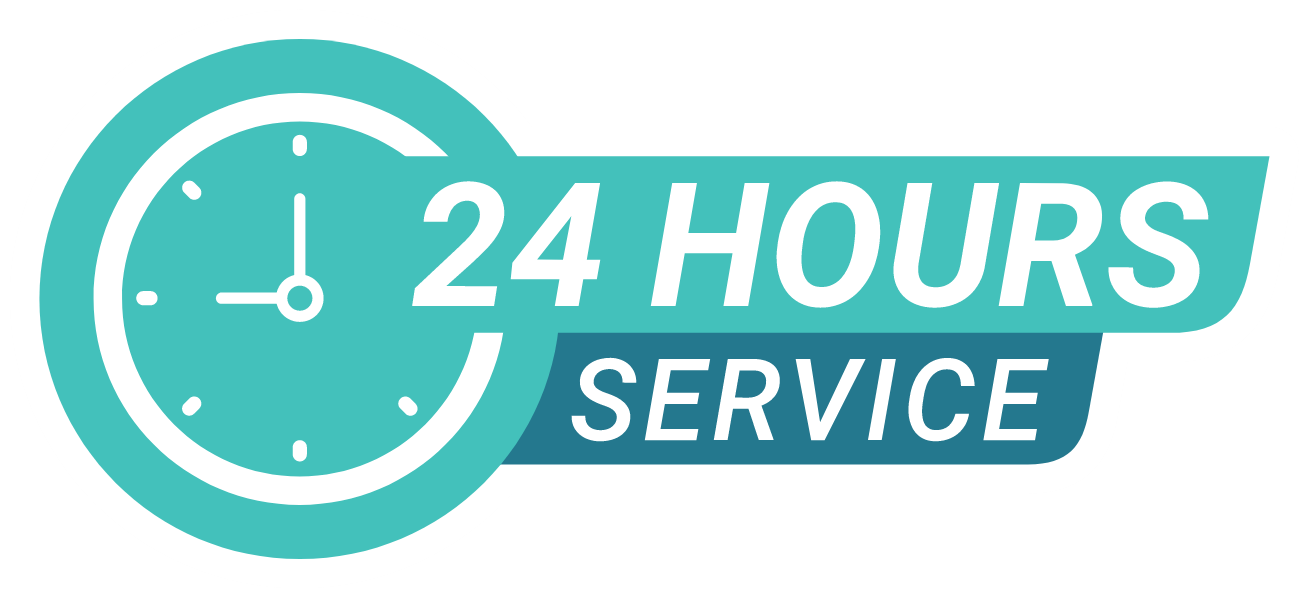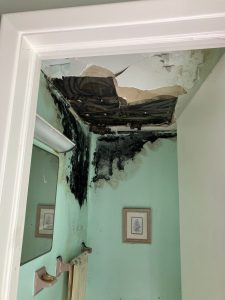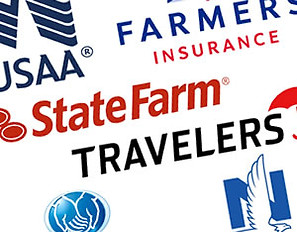Did you know that mold is everywhere and has over 100,000 different types!? Mold can grow on many different surfaces and is especially hearty on organic building materials like wood and drywall.
Awareness of seasonal hazards like mold is not only important for your property, it’s necessary to maintain your community occupants safety and health. Summer’s warmer weather and heavy rainfall creates a ’perfect storm’ scenario for mold and microbial growth. Mold is caused by warm and humid conditions and is likely to grow and become a problem where there is indoor moisture, dampness, flooding, leaky roofs, improper ventilation, faulty appliances, high humidity, improper landscaping grading or most commonly, indoor plumbing issues.
More than half of all community reported water damage claims are caused by an appliance’s supply or drain line failure. While the appliance itself has a long term life expectancy, the hoses connecting these water lines only have a life expectancy of about 5 years.
Safety Check: Schedule Annual & Semi-Annual Inspections
Conduct annual and bi-annual inspections of your properties to ensure that hidden hazards are addressed in a timely manner. Here are some best practices and pro-tips:
-
Water Supply and Drain Lines (Refrigerators, Dishwashers, Sinks and Washing Machines) Pro Tip: Have all indoor appliances & plumbing inspected bi-annually and check for small pinhole leaks to avoid unwanted mold and microbial growth.
-
Hot Water Heaters (Life expectancy 10 years) Pro Tip: Service water heaters at least once a year and have them drained and refilled to examine for leaks. Replace unit prior to the 10 year life expectancy.
-
Window and door caulking and sealant Pro Tip: Look for cracks or missing sections in external sealing to prevent unwanted moisture and water intrusion.
-
Air Conditioning & Heating Units Pro Tip: Install a secondary drain line and drain pan overflow switch. Replace air filters regularly to provide additional inspection touch points. Temperature regulation can also help prevent unwanted microbial growth, ask that residents not turn off their HVAC when they vacate the property, instead – ask that they turn up or down the temperature to remain cost effective but maintain airflow.
Is it Mold or Mildew?

Both are fungi, love damp environments and can grow on virtually any surface. Both can also cause air quality issues and exposure symptoms, putting building occupants at risk of serious illness. WARNING SIGNS:
-
visible mold or water stains
-
cracks around windows or doors
-
musty smell or strange odor present
-
wood rot around exterior doors and trim
-
peeling paint
-
leaking faucets, bath or toilets
-
improper bathroom ventilation
MOLD FAQs:
-
100% of all types of mold have the potential to cause some health effects (EPA)
-
8 Symptoms of mold: sneezing, itchy & watery eyes, runny or itchy nose, congestion, dry mouth, and respiratory issues.
-
93% of chronic sinus infections attributed to mold (Mayo Clinic)
-
70% of structures estimated to have mold behind walls (Harvard EDU)
-
100,000 different species and types of mold
-
30% of brand-new homes have mold (CNN)
What Can I Do to Prevent Microbial & Mold Growth and Limit Damages to My Property?

Quick action is required when visible leaks or standing water is present. Water is very unforgiving and mold and structural damages can begin within mere hours of an incident! Prolonging action can cause severe secondary damages to your property and health hazards to your residents. Contact your community manager for immediate assistance!
Follow these steps until a mitigation professional can intervene:
DO NOT:
-
Disturb visible mold.
-
Enter a room with standing water.
-
Use a household vacuum to remove water.
-
Remove wall-to-wall carpet.
-
Use electrical appliances while on wet flooring.
-
Wait for standing water to dry on its own.
DO:
-
Contact your property manager or licensed restoration professional and notify them of damages.
-
Remove as much water as possible by mopping/blotting.
-
Remove wet area rugs or other floor coverings.
-
Wipe down furniture and prop-up wet draperies & furniture cushions for even drying.
-
Move wall hangings to a safe, dry location.
-
Open drawers, closets, and cabinet doors to enhance drying
Seek a Qualified Expert – 5 Questions to Ask before Hiring:

1. Is your company certified and insured? Are your employees?
-
Look for a contractor that holds the Institute of Inspection, Cleaning and Restoration Certification (IICRC) accreditation. This ensures you are receiving the highest possible level of cleaning and restoration work, backed by an organization dedicated to raising the bar for customers and technicians worldwide. Locate a contractor »
-
Look for an indoor air quality specialist. IAQA certified contractors undergo unique training allowing them to diagnose, consult and remedy common indoor air quality issues.

2. What type of PPE will employees wear?
Appropriate PPE for a mold inspection includes (but is not limited to) Tyvek Suit, Booties, Gloves and a Full or Half Face Respirator.
3. Do you have Mold Remediation experience? Customer Testimonials?
Look for the 5 star ratings and ask for testimonials from recent customers.
4. What types of chemicals/cleaning solutions will you use?
This is important especially if you have residents that are immune compromised or respiratory health issues.
5. What mold removal techniques will be used?
Look for someone that finds the source, removes all affected materials and remediates according to IICRC standard practices. Methods like dry-fogging often eliminate the airborne particles, but do affect the source of underlying mold or microbial growth hazard.
If your property or community residents have experienced any of the following hazards, immediately contact a certified professional:
-
Severe allergic reactions/air quality issues
-
Standing water or visible water caused by a recent rainfall or flood and need extraction & structural drying services
-
Recent sewage backup or other plumbing issues
-
Appliance leaks
-
Damp floors or walls from an unknown source
-
Questionable and aging water heater or HVAC systems
-
Want to learn more? Watch Tri State’s Virtual Coffee Break on Mold Remediation:
Sharing is caring!







